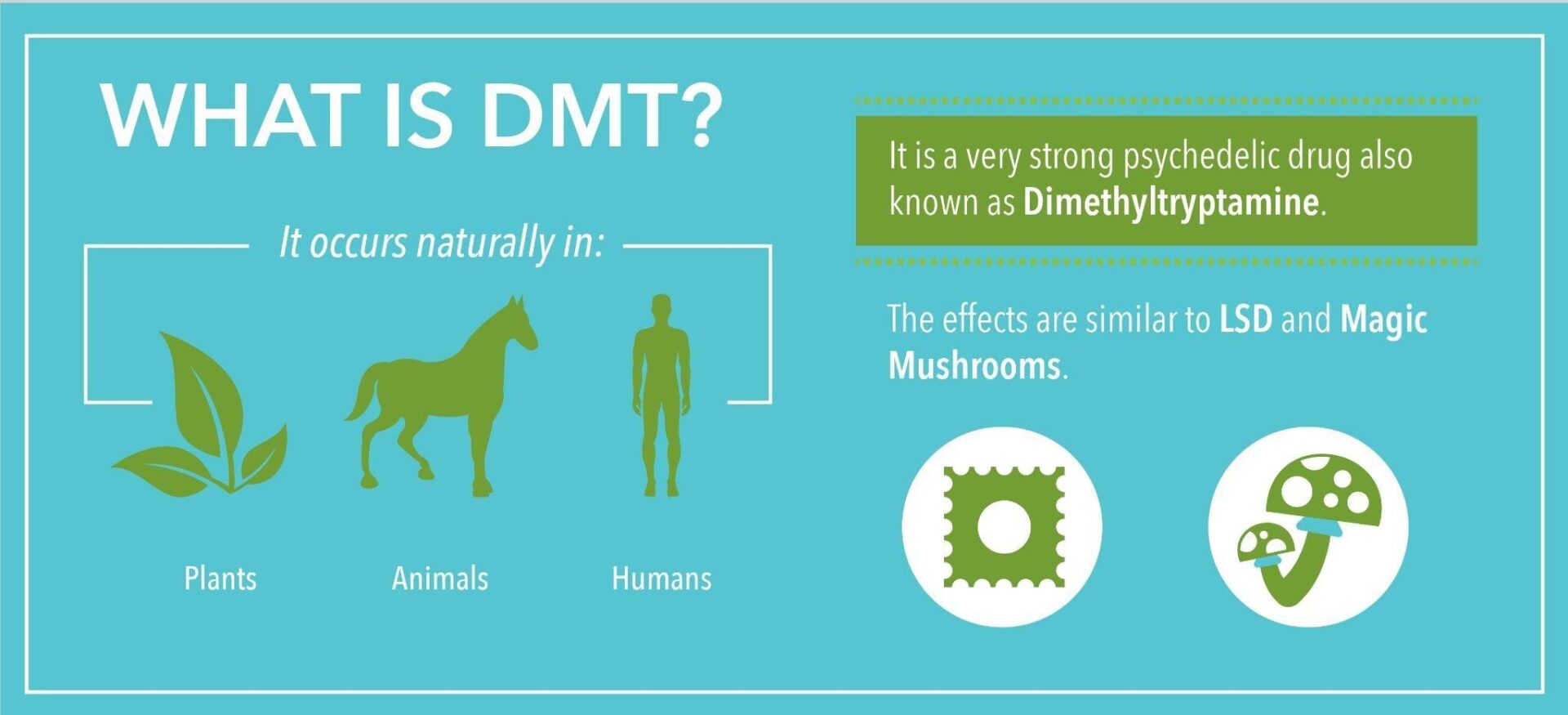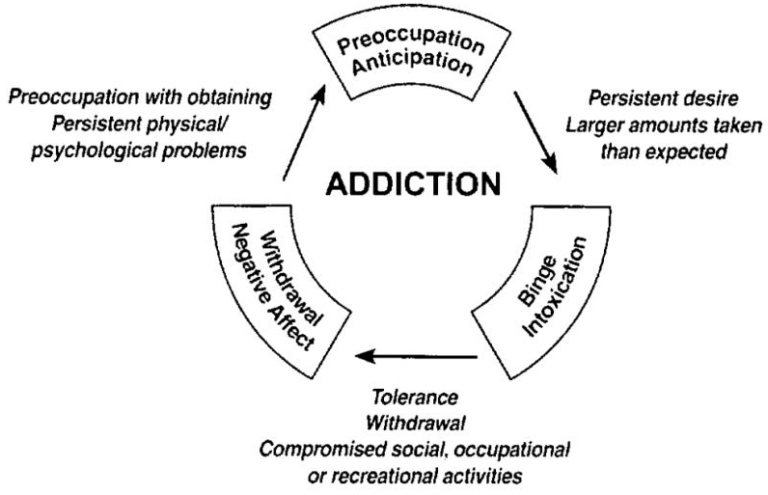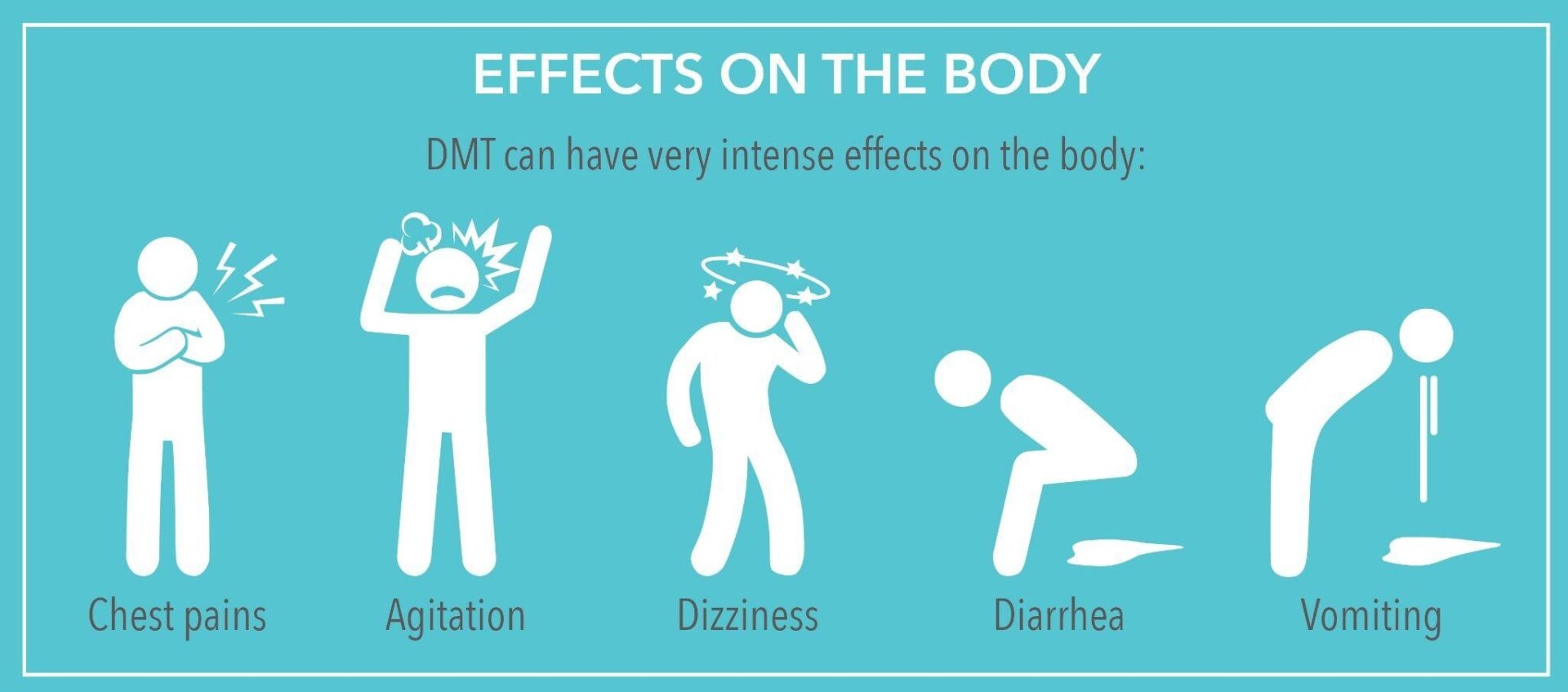It’s believed that every drug has some potential for addiction, which has led to debate concerning- “Is DMT addictive?”.The following article talks about the addictive potential of DMT and reveals the science behind DMT dependence.
In this health-conscious era, it’s crucial to be cautious of substances that promise relief and pleasure, as they can often be misleading and harmful to our long-term health. One such substance that we need to be aware of is DMT. As per research by the Oxford Treatment Center, young adults aged 19 to 30 make up the largest group of people in the United States to use hallucinogens such as DMT. This information highlights the need to understand the effects of this substance on an individual.
This blog aims to provide information regarding the proper usage of DMT and resolve the doubts about “Is DMT addictive?” Additionally, one can also gain insight into its harmful effects and learn to draw a safety line before the consumption turns into addiction.
All about DMT

The Drug Enforcement Administration recognizes DMT as a hallucinogenic drug. It comes in white crystalline powder with a yellowish or pink color. It is known to be consumed in various forms by smoking, brewing in tea, or snorting. For centuries, certain groups have used this substance as a component in religious ceremonies, particularly in South America. However, later, due to its potential for misuse, potentially dangerous effects, and the possibility of the development of psychological dependence, federal law in the U.S. classified it as a “Schedule I” illegal drug. Taking DMT can cause a person to experience an altered reality, described as a life-changing event. Although it has some therapeutic benefits, excessive dependence on drugs can lead to harmful side effects. The effects of DMT on the body can vary from person to person, depending on factors such as usage and form. Now that we have learned about DMT, let’s focus on the critical question – “Is DMT addictive?”

The National Institute on Drug Abuse suggests that there is no substantial evidence that can claim DMT as an addictive substance. Unlike other drugs, it is less likely to cause addiction or any substance disorder. It also has a low potential for withdrawal symptoms or tolerance. However, excessive and repetitive usage of drugs can cause psychological dependence, which can be harmful to one’s health. While DMT itself is not yet considered physically addictive, some individuals may develop a psychological dependence on the substance due to its intense effects. Its potential for abuse has made it necessary for each individual to question oneself- “Is DMT addictive?”. However, its addictive powers are less severe than other drugs. It’s essential to be aware of its usage and avoid over-dependence on the drug to live an everyday life. Let’s now discuss some of the effects of DMT in daily life.

Various factors influence the effects of DMT on an individual. We asked DMT users- “Is DMT addictive?” They shared their experience of having fewer side effects than other psychedelic drugs. DMT is known to mess with the chemical serotonin in the brain and disrupt its regular functions. This disruption, in turn, creates a range of short-term physical and psychological effects, as discussed below-
Apart from the above effects, a report by the Drug Enforcement Administration states the possibility of respiratory arrest and coma can be a consequence of using DMT in certain situations. To escape such harmful effects of DMT, one can opt for an alternative option, such as DMT meditation.
The appropriate treatment for DMT addiction involves a combination of therapy, medications, diagnosis, and other holistic approaches, as discussed below-
Standard therapies helpful for treating DMT addiction include cognitive therapy, contingency management, and motivational interviewing. Research by the National Institute of Health shows that there has been a growing body of evidence since the mid-20th century indicating the therapeutic effects of psychedelics in treating addiction. These therapies develop coping mechanisms that help manage cravings and triggers.
During recovery from DMT, doctors prescribe medications such as antidepressants or anti-anxiety medications to cope with their symptoms. However, taking medicines per a medical expert’s prescription is essential during this phase.
Participation in support groups helps individuals recover faster by providing a nonjudgmental space to express themselves fully. Group members can heal from their addiction by learning from each other’s experiences.
Some lifestyle changes and alternative therapies, such as mindfulness meditation and yoga, help accelerate the treatment effects. These help individuals manage their psychological state and develop a positive attitude toward recovery.
Unlike other drugs, such as cocaine and heroin, DMT doesn’t necessarily cause any physical dependence. However, there is an ongoing debate on the question- “Is DMT addictive?” It does have specific short-term effects, which can cause psychological dependence.
The legal status of DMT varies for different countries. However, in the United States, it is considered a Schedule 1 controlled substance with the potential for abuse.
The effects of DMT vary from individual to individual and depend on usage, form, etc. The joint effects of DMT include visual hallucinations, euphoria, and physical sensations.
The possible long-term effects of DMT are the persistence of perceptual changes or flashbacks, also known as hallucinogen persisting perception disorder. It involves recurring visual disturbances or other perceptual disturbances even after the acute effects of DMT have reduced.
It circles back to the question- “Is DMT addictive?”. While DMT doesn’t necessarily cause tolerance or withdrawal symptoms on the stoppage of drug use, it may have some psychological dependence in some instances of intense use.
In conclusion, we can’t state that DMT causes any physical dependence or withdrawal effects, but excess of it can impact one’s behavior and psychology. Therefore, consuming DMT responsibly and being aware of the potential risks is essential. “Is DMT addictive, or is it safe to consume”?. While it is not known to be addictive, frequent and unregulated use of the drug can lead to various side effects. Hence, it is advisable to seek medical help if DMT use is disrupting one’s ordinary course of life.